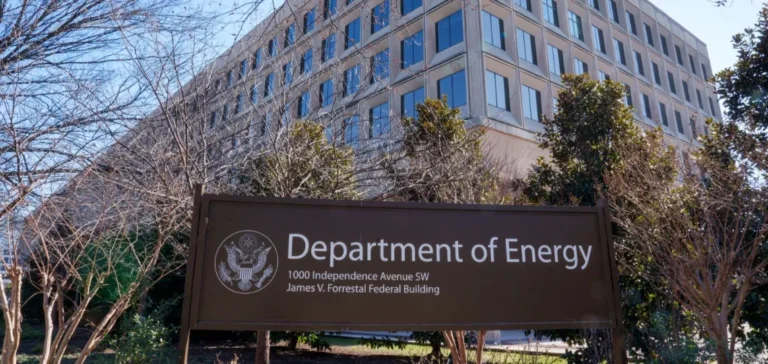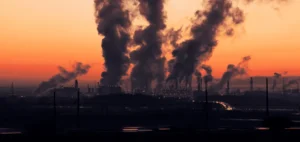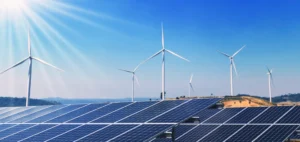A group of 85 scientists has formally criticised the climate assessment published by the US Department of Energy, arguing that the report does not meet basic standards of scientific integrity. This response, submitted to the US administration by the deadline for public comments, comes amid efforts to roll back federal environmental regulations.
Authors selected without scientific plurality
The original report, drafted by five researchers chosen by Energy Secretary Chris Wright, has been accused of failing to reflect the current state of climate knowledge. The scientists who signed the counter-review, led by Andrew Dessler of Texas A&M University and Robert Kopp of Rutgers University, stated that the working group members were selected to support a specific political line, without considering a diversity of scientific viewpoints.
The signatories also claimed that the Department of Energy’s report relied on discredited research, misinterpreted other publications, and lacked any peer-review process, contrary to standard practices in scientific publishing.
Procedures diverging from international standards
By comparison, reports from the Intergovernmental Panel on Climate Change (IPCC) and the US National Climate Assessment involve thousands of contributors and undergo multiple rounds of independent review. These works are generally regarded as the institutional benchmarks for climate knowledge.
The contested report was published in July, accompanied by a statement from Secretary Chris Wright, who said he aimed to encourage broader debate on the climate issue. He added that the report’s conclusions differed from the “dominant narrative” and, in his view, reflected the “real state” of climate science today.
A report aligned with political objectives
For the scientists opposing this document, it is not an objective synthesis but rather a tool intended to support predetermined policy decisions. Researcher Andra Garner, who contributed to the review, argued that the report “privileges outdated individual opinions over scientific consensus.”
On the eve of the closing of the public comment period, the Department of Energy had already received more than 2,000 responses on the document. No official timetable has been announced for a possible revision or final validation of the report.






















